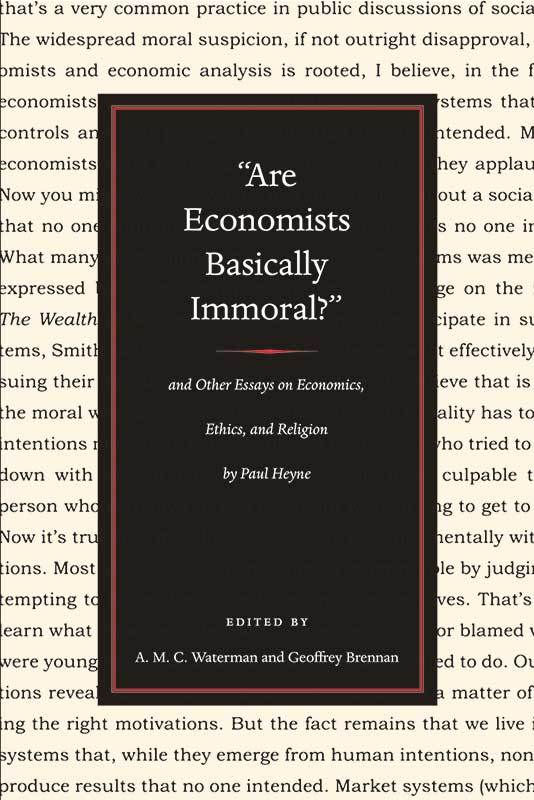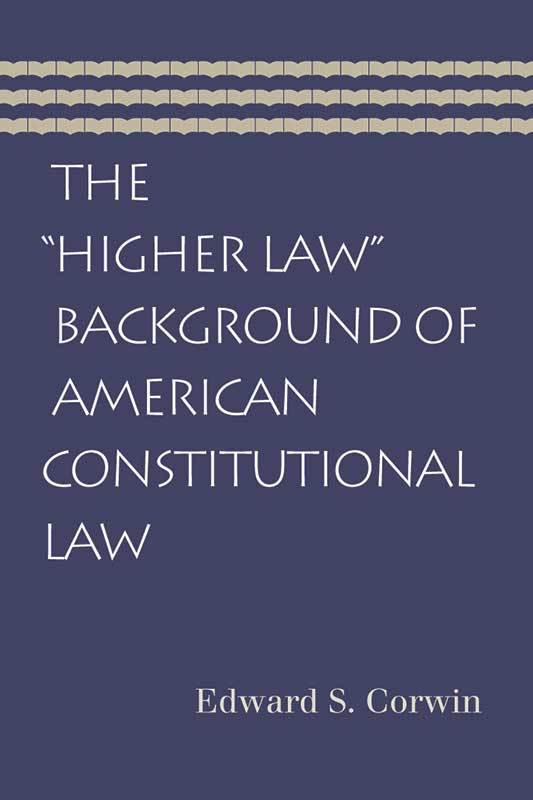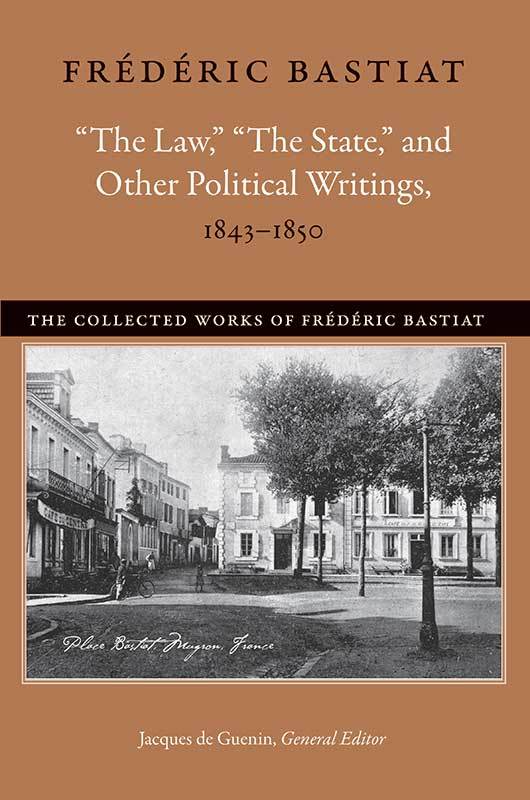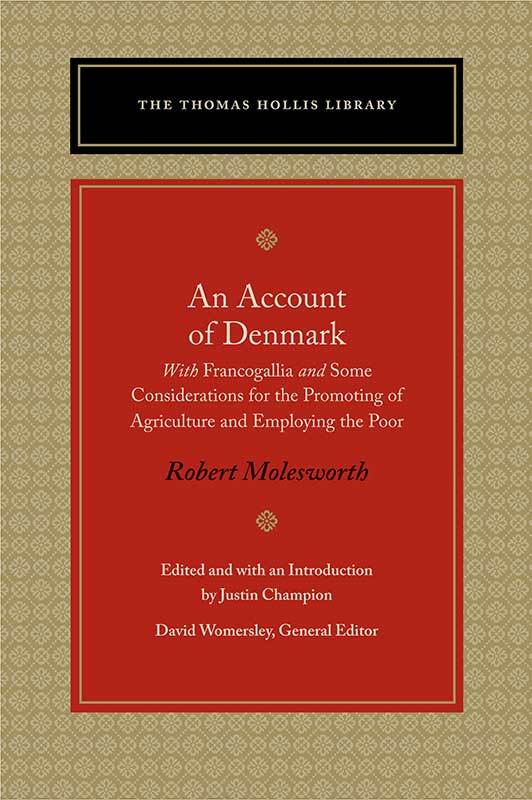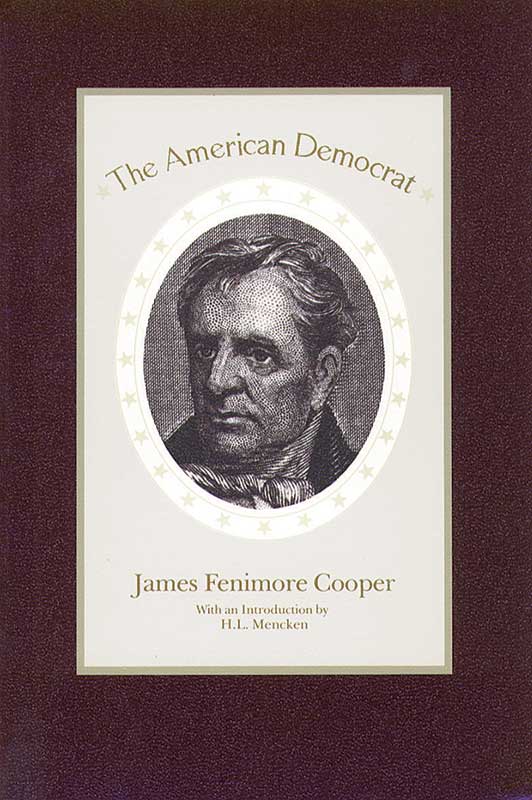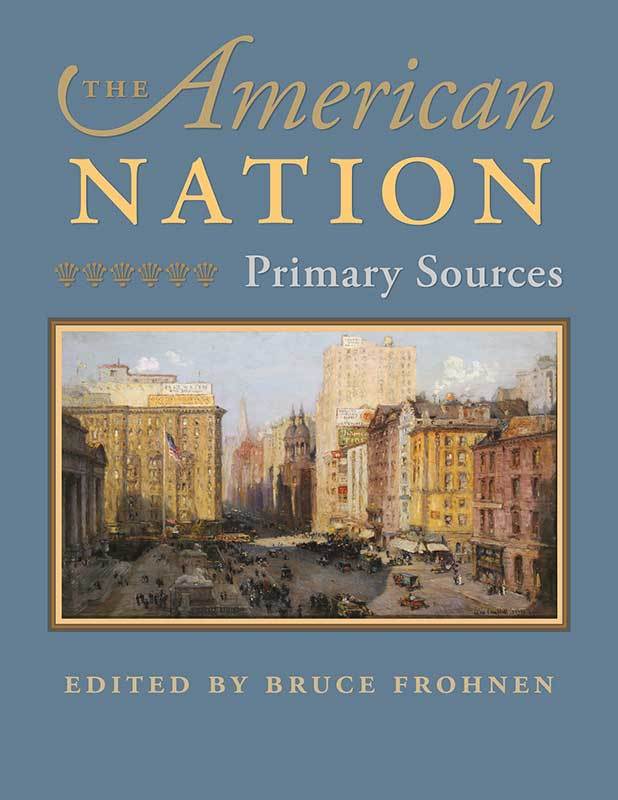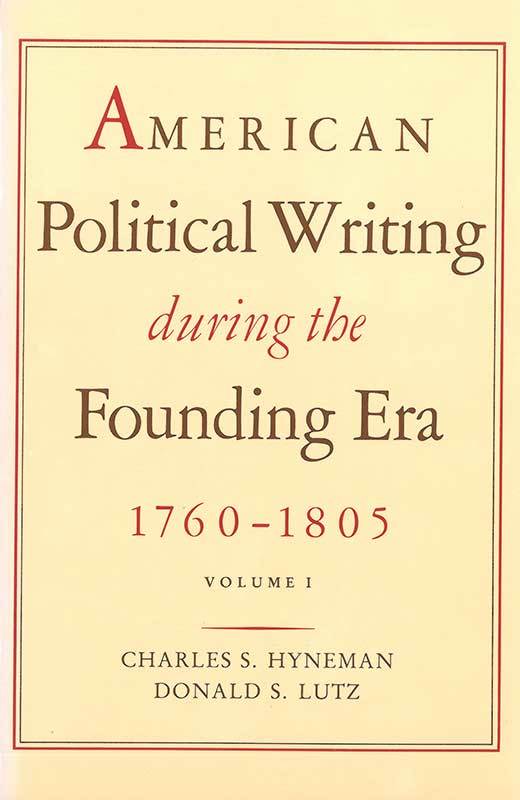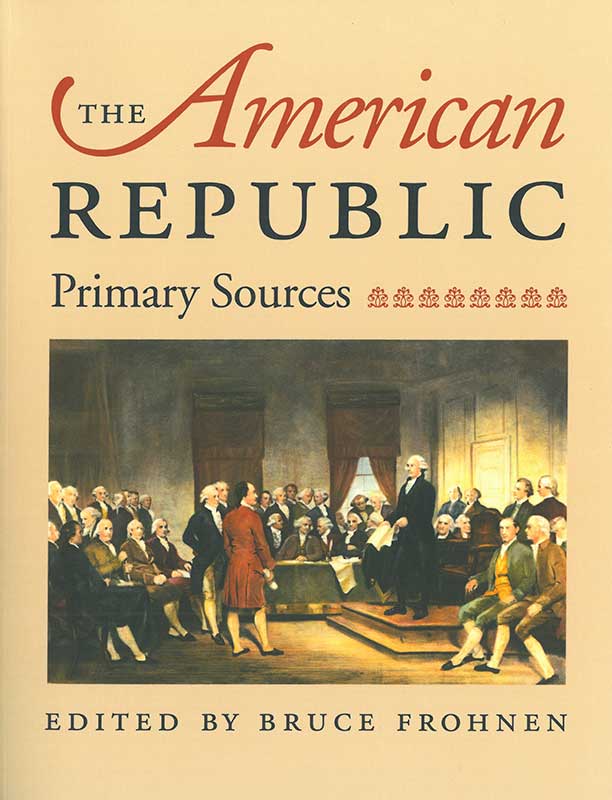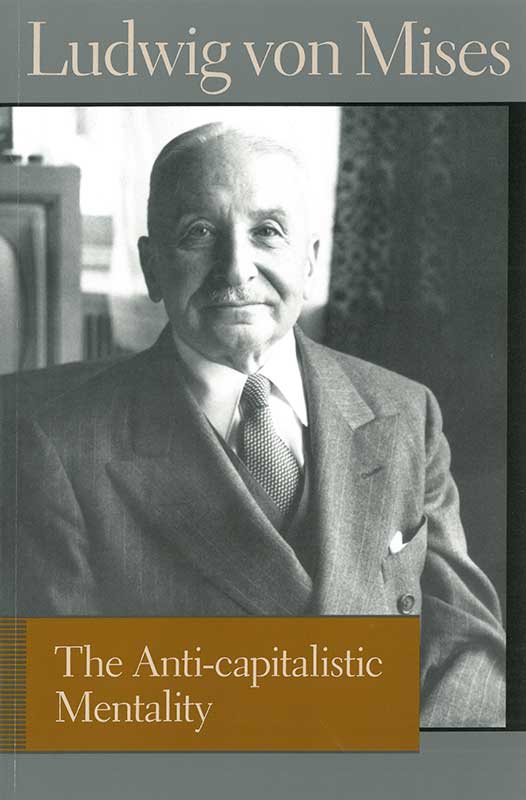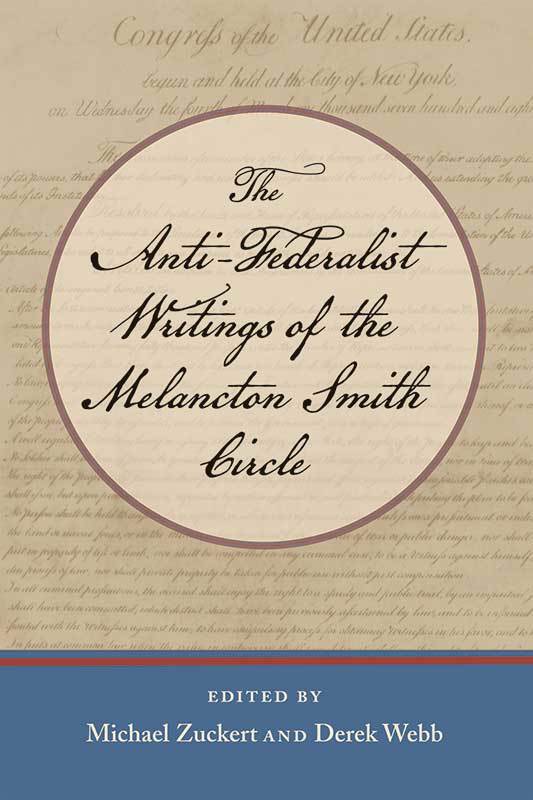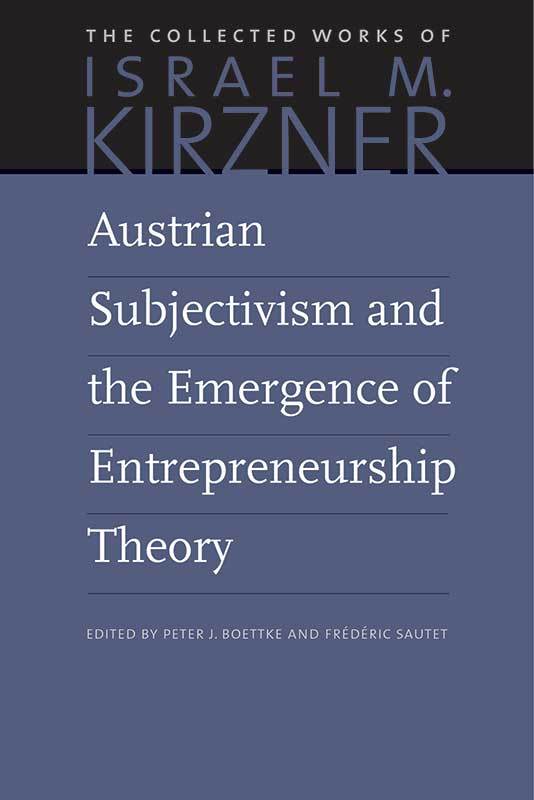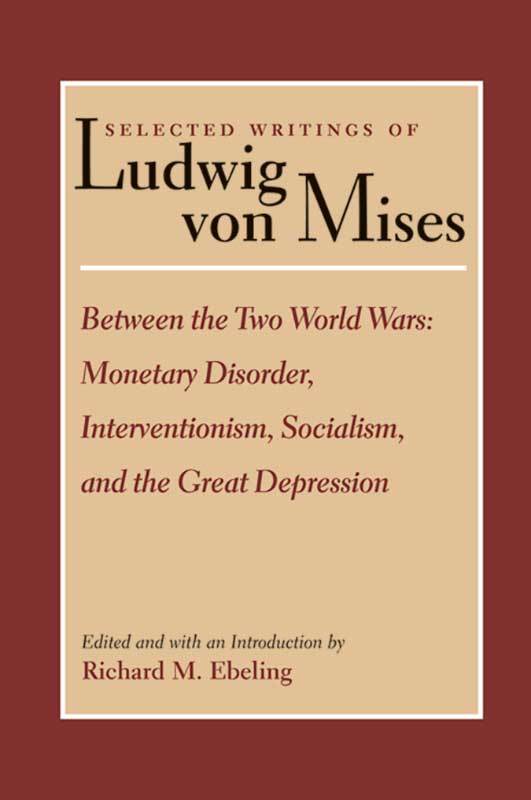For Educators
-
“Are Economists Basically Immoral?” And Other Essays on Economics, Ethics, and Religion by Paul Heyne
by Paul Heyne
/ Learn MoreA well-trained theologian, a gifted and dedicated teacher of economics for over forty years, and the author of a highly regarded and widely-used textbook, The Economic Way of Thinking, Paul Heyne influenced generations of students of economics. Many of the essays in this volume are published here for the first time. The editors have divided Heyne’s essays thematically to cover…
-
The “Higher Law” Background of American Constitutional Law
by Edward S. Corwin
/ Learn MoreHaving written extensively on various aspects of the American constitutional order, Edward S. Corwin is considered a leading constitutional scholar of the twentieth century. Alpheus Mason described Corwin’s writings as “sources of learning and understanding—hallmarks to emulate and revere.” The “Higher Law” Background of American Constitutional Law is of unique value in connecting the Western European experience—from the classical world,…
-
“The Law,” “The State,” and Other Political Writings, 1843-1850
by Frédéric Bastiat
/ Learn More“The Law,” “The State,” and Other Political Writings, 1843–1850, collects nineteen of Bastiat’s “pamphlets,” or articles, ranging from the theory of value and rent, public choice and collective action, government intervention and regulation, the balance of trade, education, and trade unions to price controls, capital and growth, and taxation. Many of these are topics still relevant and debated today. In…
-
An Account of Denmark
by Robert Molesworth
/ Learn MoreThe Liberty Fund edition of An Account of Denmark is the first modern edition of Molesworth’s writings. This volume presents not only An Account, but also his translation of Francogallia and Some Considerations for the Promoting of Agriculture and Employing the Poor. These texts encompass Molesworth’s major political statements on liberty as well as his important and understudied recommendations for…
-
The American Democrat
by James Fenimore Cooper
/ Learn MoreWhen The American Democrat was first published in 1838, Cooper’s position as America’s first major novelist obscured his serious contribution to the discussion of American principles and politics. “Yet Cooper,” says H. L. Mencken, “was probably the first American to write about Americans in the really frank spirit . . . a simple, sound and sensible tract, moderate in tone…
-
The American Nation
by Bruce Frohnen
/ Learn MoreThe American Nation: Primary Sources resumes the narrative begun in its companion volume, The American Republic, which covered the first eight decades of U.S. history, ending at the onset of the Civil War. The American Nation continues the story through America’s entrance into World War II. The American Nation makes available, in one volume, many of the most crucial documents…
-
American Political Writing During the Founding Era: 1760-1805
by Charles S. Hyneman and Donald S. Lutz
/ Learn MoreThis selection of essays, pamphlets, speeches, and letters to newspapers written between 1760 and 1805 by American political and religious leaders illuminate the founding of the republic. Many selections are obscure pieces that were previously available only in larger research libraries, but all illuminate the founding of the American republic and are essential reading for students and teachers of American…
-
The American Republic
by Bruce Frohnen
/ Learn MoreMany reference works offer compilations of critical documents covering individual liberty, local autonomy, constitutional order, and other issues that helped to shape the American political tradition. Yet few of these works are available in a form suitable for classroom use, and traditional textbooks give short shrift to these important issues. The American Republic overcomes that knowledge gap by providing, in…
-
The Anti-capitalistic Mentality
by Ludwig von Mises
/ Learn MoreIn The Anti-capitalistic Mentality, the respected economist Ludwig von Mises plainly explains the causes of the irrational fear and hatred many intellectuals and others feel for capitalism. In five concise chapters, he traces the causation of the misunderstandings and resultant fears that cause resistance to economic development and social change. He enumerates and rebuts the economic arguments against and the…
-
The Anti-Federalist Writings of the Melancton Smith Circle
by Melancton Smith
/ Learn MoreThe Anti-Federalist Writings of the Melancton Smith Circle makes available for the first time a one-volume collection of Anti-Federalist writings that are commensurate in scope, significance, political brilliance, and depth with The Federalist. Included in this volume as an appendix is a computational and contextual analysis that addresses the question of the authorship of two of the most well-known pseudonymous…
-
Austrian Subjectivism and the Emergence of Entrepreneurship Theory
by Israel Kirzner
/ Learn MoreAustrian Subjectivism and the Emergence of Entrepreneurship Theory comprises several of Kirzner’s previously published papers on the subjects of methodological subjectivism and the history of entrepreneurship theory—topics of primary importance in Kirzner’s economic thought because one cannot fully understand entrepreneurship theory without considering subjectivism. The volume includes Kirzner’s seminal paper “Methodological Individualism, Market Equilibrium, and Market Process,” in which “Kirzner…
-
Between the Two World Wars
by Ludwig von Mises
/ Learn MoreIn 1934, Ludwig von Mises left his native Austria in fear of the Nazis, who seized all his papers in 1938 in Vienna and, Mises thought, destroyed them, but the papers were not destroyed. In 1996, Richard and Anna Ebeling discovered the papers in an archive in Moscow. This volume from Liberty Fund represents a treasure trove of important essays.
35% OFF YOUR ENTIRE BOOK PURCHASE
With promo code:
SUMMER2025
Expires July 31, 2025

